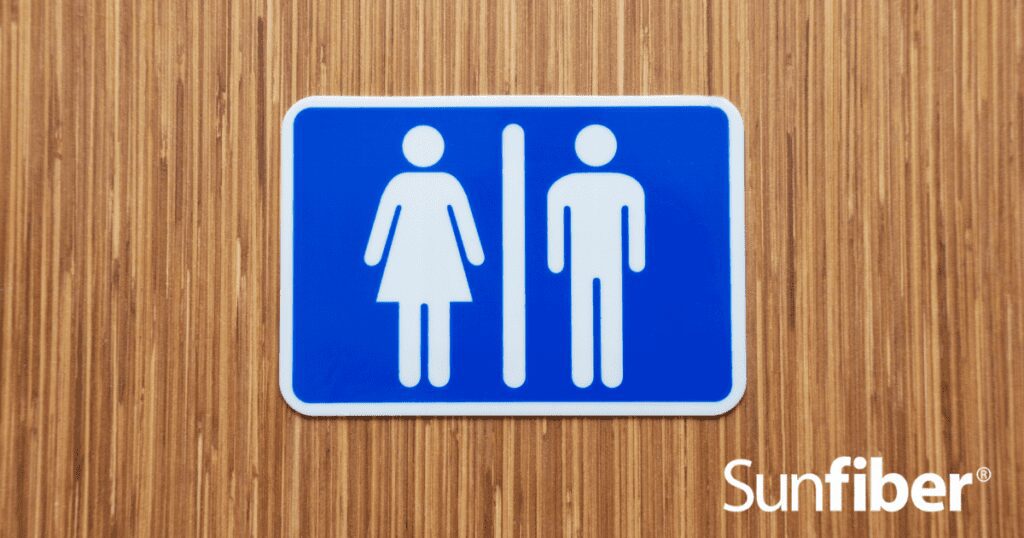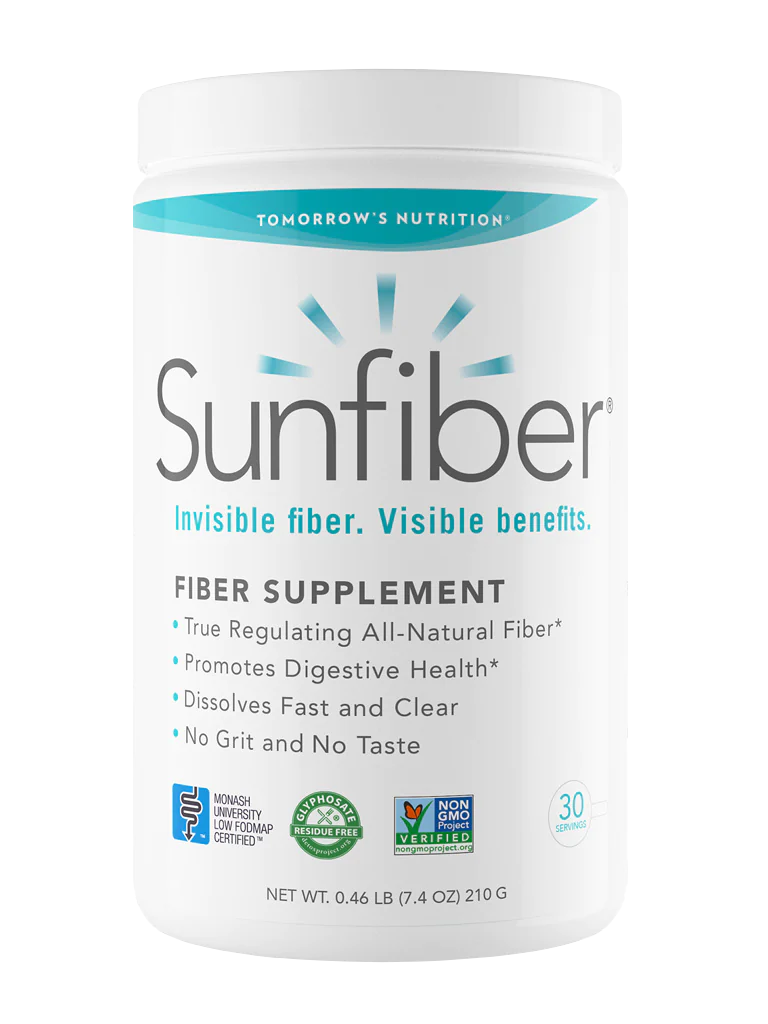Even occasional constipation is a big deal. When you are feeling sluggish and bloated, you’re probably not the happiest person in the room. But before you consider chemical laxatives, you might want to try one of these more or more of these more natural approaches.
Constipation defined
Even if you may poop on a regular basis, you may still be constipated. Frequency is just one concern. From hard stools that are causing you to strain to uncomfortable bloating, occasional constipation can feel different to different people.
Keep things moving naturally
Chemical laxatives may simply address the symptoms but not the root cause of constipation. Worse, their overuse may reduce or weaken the intestine’s ability to contract. This may make their constipation worse or cause dependence. Overuse may also lead to dehydration, diarrhea and an electrolyte imbalance.
These eight changes may help keep your bowels on their best behavior.
- Drink more water or fluids. An extra two or three glasses of water daily may do the trick. Non-water lovers may want to add a little juice (¼ juice, ¾ water) for natural flavoring.
- Choose high-fiber foods. Fiber helps strengthen bowel function, but most people don’t get enough in their diets.Eat a range of fresh fruits, vegetables, nuts and beans every day.
- Supplement with fiber. Getting enough prebiotic soluble fiber, even with the most nutritious diet, is a challenge so this is one area where a supplement is smart. Just choose your brand carefully because some can cause gas, cramping and bloating. Sunfiber is gentle on bellies. It soothes both occasional constipation and occasional diarrhea without any excess gas or bloating. Plus, it mixes invisibly into most drinks and foods. Picky eaters won’t even know it’s there!
- Include natural laxatives daily. Apricots and the four Ps – prunes, pears, plums and peaches – usually exert a laxative effect. Beans and blueberries also support digestive health because of their high fiber content.
- Avoid caffeine-containing foods and beverages, such as chocolates, colas and energy drinks. Caffeine is a stimulant, so it can encourage a bowel movement. But it may also lead to dehydration, having the opposite effect.
- Get more exercise. Moving can help stimulate the bowels. Moving can help stimulate the bowels. Not into working out? How about joining your kids as they walk, run, skip and dance?
- Look before you flush. Your stool can be classified into one of seven shapes, as pictured in this handy poop chart, which might be helpful to you especially if you ever need to describe your bowel irregularity to your doctor.
- Skip the constipating foods. Cheese, milk and red meat may be constipating for some people. If you’re a banana lover, choose yellow over slightly green.
Learn more about the best fiber supplements for constipation on our topic page.



0 Comments